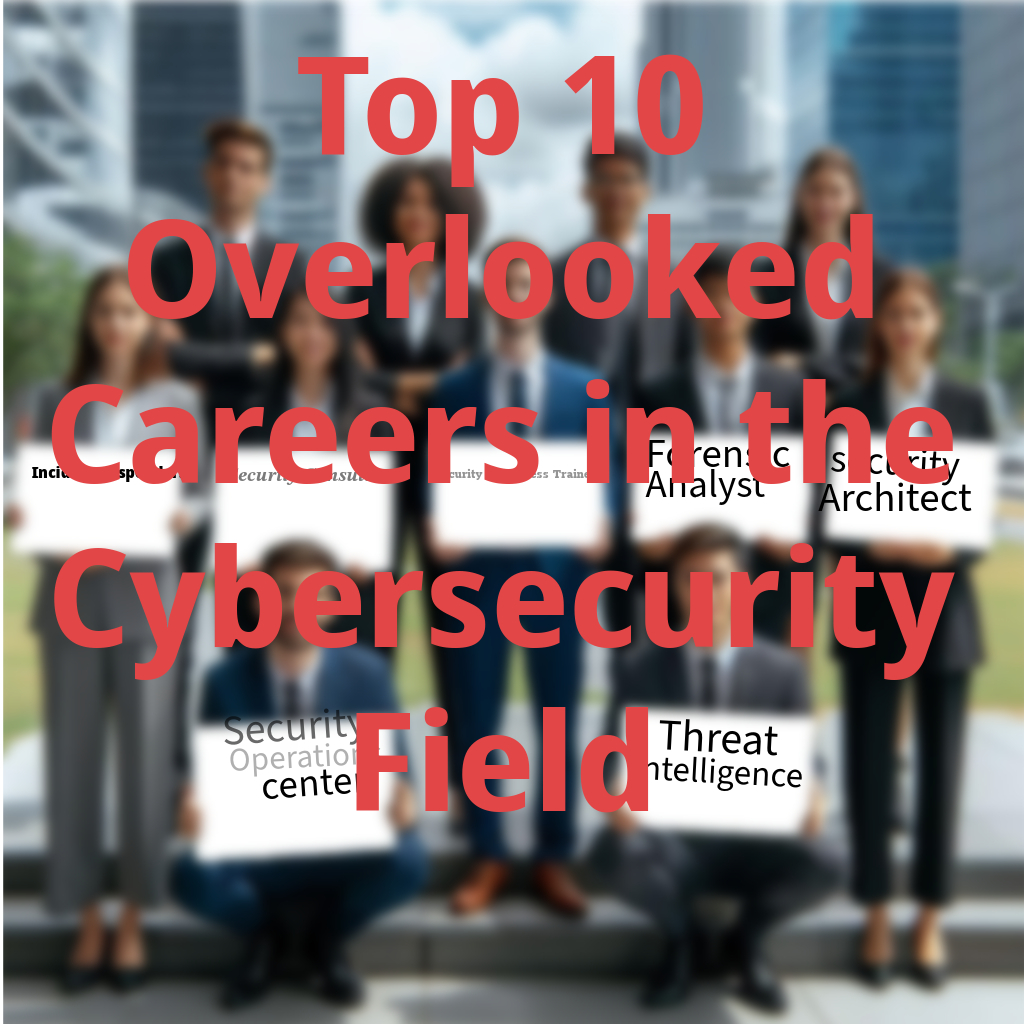Remote work is becoming more common and popular, and people are beginning to look into working remotely because of the flexibility it provides. However, working remotely also poses some challenges, such as communication, collaboration, engagement, and isolation. How can managers and leaders mentor and coach their employees to succeed in a remote workplace?
You can follow these guidelines and recommendations

Build Trust and Understanding
Trust is the foundation of any mentoring or coaching relationship, and it is even more important when working remotely. To build trust with your remote employees, you need to:
– Make the relationship a safe space for both parties to share their thoughts, feelings, and feedback.
– Deliver on your promises and commitments, and hold your employees accountable for theirs.
– Show genuine interest and care for your employees’ well-being and development.
– Be consistent and transparent in your communication and actions.
To build understanding with your remote employees, you need to:
– Learn about their personal and professional aspirations, not only their work roles. Learn about their personal and professional goals, interests, values, and preferences.
– Find common ground and shared experiences that can foster a sense of connection and belonging.
– Use video calls and other visual tools to communicate face-to-face whenever possible, as this can enhance the quality and intimacy of the relationship.
– Use humor, empathy, and positive reinforcement to create a friendly and supportive atmosphere.
Clarify the Rules of Engagement
Working remotely can create some ambiguity and confusion about how to communicate and collaborate effectively. To avoid this, you need to clarify the rules of engagement with your remote employees, such as:
– The frequency, duration, and medium of your communication and meetings. For example, you may agree to have a weekly video call for an hour, a daily email update, and an instant messaging app for urgent or informal messages.
– The expectations and objectives of your mentoring or coaching relationship. For example, you may agree on the specific skills, behaviors, or outcomes that you want to work on, the feedback and support that you will provide, and the indicators of progress and success that you will measure.
– The tools and resources that you will use to facilitate your mentoring or coaching. For example, you may agree on the online platforms, software, or documents that you will use to share information, collaborate, or track performance.
Be Intentional and Adaptive
Working remotely can also create some distance and detachment between you and your employees. To overcome this, you need to be intentional and adaptive in your mentoring or coaching, such as:
– Setting clear and realistic goals and action plans with your employees, and reviewing them regularly to monitor progress and adjust accordingly.
– Providing timely and constructive feedback to your employees, and encouraging them to do the same for you. Apply the SBI framework (Situation, Behavior, Impact) to provide concrete and practical feedback.
– Recognizing and celebrating your employees’ achievements and milestones, and rewarding them with recognition, praise, or incentives.
– Seeking and offering opportunities for learning and development, such as online courses, webinars, podcasts, books, or articles that can help your employees improve their skills or knowledge.
– Encouraging and facilitating peer mentoring and coaching among your remote employees, as this can create a culture of learning, collaboration, and support.



